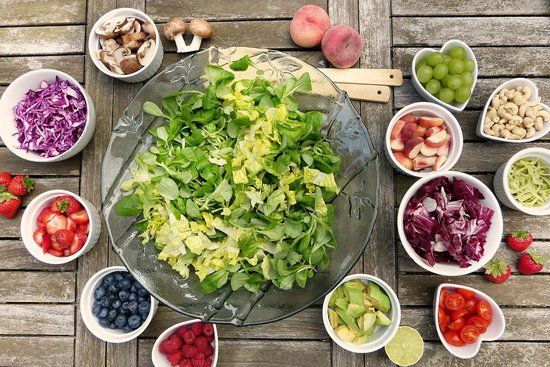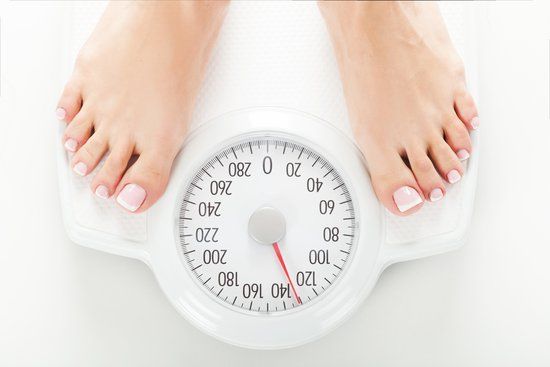
Is your BMI preventing you from getting pregnant? Many studies have shown a link between obesity and fertility – but did you know it’s just as important to adopt a healthy diet when trying to conceive though IVF, ICSI or IUI as it is naturally?
A healthy BMI is important for fertility treatment as it helps to create optimal conditions for a successful treatment. Research has shown that overweight and obese women have poorer treatment outcomes, with an increased BMI associated with ovulatory subfertility (reduced fertility) and anovulatory infertility.
A high BMI affects male fertility too - there is emerging evidence that obesity negatively affects sperm quality and even the physical and molecular structure of sperm.
To mark this week’s National Obesity Forum’s Jan-U-ary campaign (9-15 Jan), which aims to encourage people to make small sustainable changes to help lower BMI and improve health, our fertility nutritionist Jeannette Jackson shares her top tips to get your body and your fertility in shape:
What is your BMI?
BMI is a measure of your body fat based on your height and weight. For most adults, an ideal BMI is in the range of 18.5 to 24.9.
If your BMI is:
- below 18.5 - you are in the underweight range
- between 18.5 and 24.9 - you are in the healthy weight range
- between 25 and 29.9 - you are in the overweight range
- between 30 and 39.9 - you are in the obese range
Lowering your BMI for IVF
If you want to reduce your BMI, it’s important to lose weight in the healthiest way possible to enable you to be mentally and physically fit for the process of fertility treatment.
Although it’s tempting to try to lose weight as quickly as possible, the most effective way to lose weight - and importantly to keep it off - is to lose the weight gradually. The Government recommendation is to aim for 1lb to 2lb per week if you’re managing your own diet, but you can aim for more than that if you have expert guidance and support.
Easy ways to get your BMI in shape
- Cutting out highly processed foods is the first easy place to start. Followed by high fat/high sugar snacks and drinks.
- Aim to cook at least 70% of your food from scratch so you know how much sugar, fat and salt are in the dishes.
- Try some new recipes - most of us only have 11 meals that we rotate on a fortnightly basis - so try some different fish and protein foods.
- Keep your fluids up. Remember that when we are dehydrated we feel tired. And when we’re tired we can reach for snacks that are less than healthy.
- Eat a rainbow of fruit and vegetables throughout the day to ensure you get a range of natural multi-vitamins, minerals and antioxidants daily.
- Have a leafy green salad with your dinner every night to give your body magnesium and potassium to help it relax and recover from the day and to help prepare it for peaceful sleep.
Expert nutrition for fertility support
If you need help to lower your BMI for your IVF or fertility treatment cycle, Jeannette Jackson provides private tailored, pre-treatment dietary and nutrition support.
From fertility boosting foods to superfoods and improving your diet naturally, Jeannette can help to identify your nutritional requirements for a successful pregnancy and any current nutritional, dietary and lifestyle factors that may be contributing to any health conditions and symptoms you may be experiencing.
You’ll receive your own personal nutrition report with recommended changes to be made, and a nutrition and vitamin table from which you can design your own recipes tailored to improving your health and wellbeing.
You can book private appointments with Jeannette at our clinic by calling our Patient Advisors on 0161 300 2737.
Last updated: 20th January 2020








